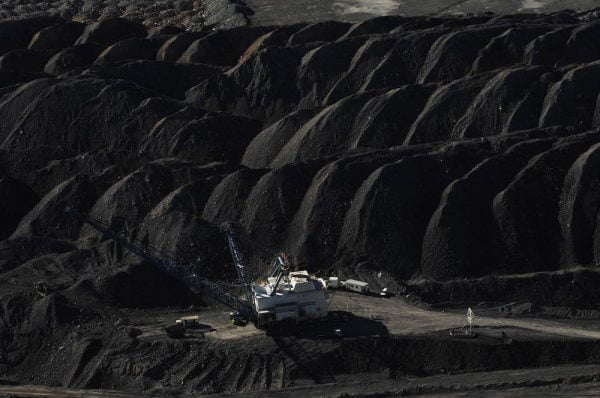The Midlands State University (MSU) has embarked on a US$11 million modified coal tar plant that is expected to create 2 500 jobs and save the country 40 percent of the money it uses to import bitumen.
The university’s silicon oxide nano-particles manufacturing plant is located in Zvishavane where the project’s main raw materials are found.
Preliminary studies conducted revealed that there will be 40 percent cost saving on road surfacing costs as a result of the new product developed by Midlands State University.
The university has already patented this product through the African Regional Intellectual Property Organisation (ARIPO).
This is a cost effective, and high-quality road surfacing material using 100 percent of locally available materials and expertise.
The modified coal tar surfacing product will assist the country and region in their quest toconstruct new tarred roads and rehabilitate the ever-increasing deteriorating road networks across the nations.
Currently, the nation is producing tar from bitumen which is imported from South Africa at a heavy cost to the country’s already burdened fiscus.
A team of engineers, safety and design experts from Verify Engineering, a technology development company under the Ministry of Higher and Tertiary Education, Innovation, Science and Technology Development visited the Modified Coal Tar Project to assess and recommend the best possible options for operating the plant.
The Verify Engineering team toured the proposed plant site where civil engineering and preparatory works are nearing completion.
They also visited the Shabanie-Mashaba Mine offices to assess the quality and availability of raw materials.
Verify Engineering Technical Services Manager, Engineer Passmore Dube, Safety Health Environment and Quality Officer Mr Abiota Gawe constituted the Verify Engineering team.
“We have come to conduct a site assessment where we are looking at possible scenarios to site the plant, utilities and all the infrastructure that is required at the plant.
“After this, we will sit with the design team and come up with the most appropriate arrangement of the plant equipment and produce a design report,” said Eng Dube.
MSU’s technical leader in the Modified Coal Tar project, Dr Munyaradzi Shumba said the role of Verify Engineering also included coming up with plant designs for the project.
“We have brought in a team of engineers from Verify Engineering, whose role is to assess where we are setting up the plant and also come up with plant designs, after which we will start procurement of the plant equipment,” he said.
“The major impact of this project will be the rehabilitation of roads using locally available raw materials and we are going to be utilising mine waste dumps that are scattered all over Zvishavane.”
Dr Gift Mehlana, one of the project inventors and MSU lecturer said the invention is both environmentally friendly and promotes import substitution since it will use locally available raw materials.
“This invention will make use of a locally available resource namely coal tar, which is a byproduct in the destructive distillation of coal. We will then blend this coal tar with silicone oxide nano-particles that we will produce at our plant using waste asbestos fibre,” he said.
MSU’s modified coal tar manufacturing business is expected to supply both the local and regional road construction industries.
MSU Zvishavane Campus Director Professor Advice Viriri indicated that at its optimum, the plant will create 2 500 direct and indirect jobs.
“This project will lead to employment creation in Zvishavane since it will employ about 2 500 people in and around Zvishavane,” he said.
During the tour of the Shabanie-Mashaba Mines offices, a senior staffer at the asbestos mining company confirmed that there were enough waste dumps in Zvishavane and Mashaba to feed production at the MSU plant.




